Looking to launch your own marketplace? Check out our list of the 17 best multivendor eCommerce platforms for 2025! From user-friendly interfaces to powerful features, these platforms make it easy to connect vendors and customers seamlessly. Don’t miss out!
17 Best Multivendor eCommerce Platforms for Marketplaces in 2025
Are you ready to dive into the exciting world of online marketplaces? Whether you’re an aspiring entrepreneur or a seasoned business owner looking to expand your reach, finding the right multivendor eCommerce platform can make all the difference. As we step into 2025, the landscape of eCommerce is evolving at lightning speed, and having the perfect platform to host your marketplace is more crucial than ever.
Imagine a bustling online bazaar where vendors from all corners can showcase their unique products, and customers can enjoy a seamless shopping experience—all under one digital roof. Sounds appealing, right? In this article, we’ll explore the 17 best multivendor eCommerce platforms that are set to dominate the marketplace scene in 2025. From user-friendly interfaces to powerful features that boost sales, we’ve done the homework for you. So, get ready to discover the tools that can transform your marketplace vision into a thriving reality! Let’s jump in!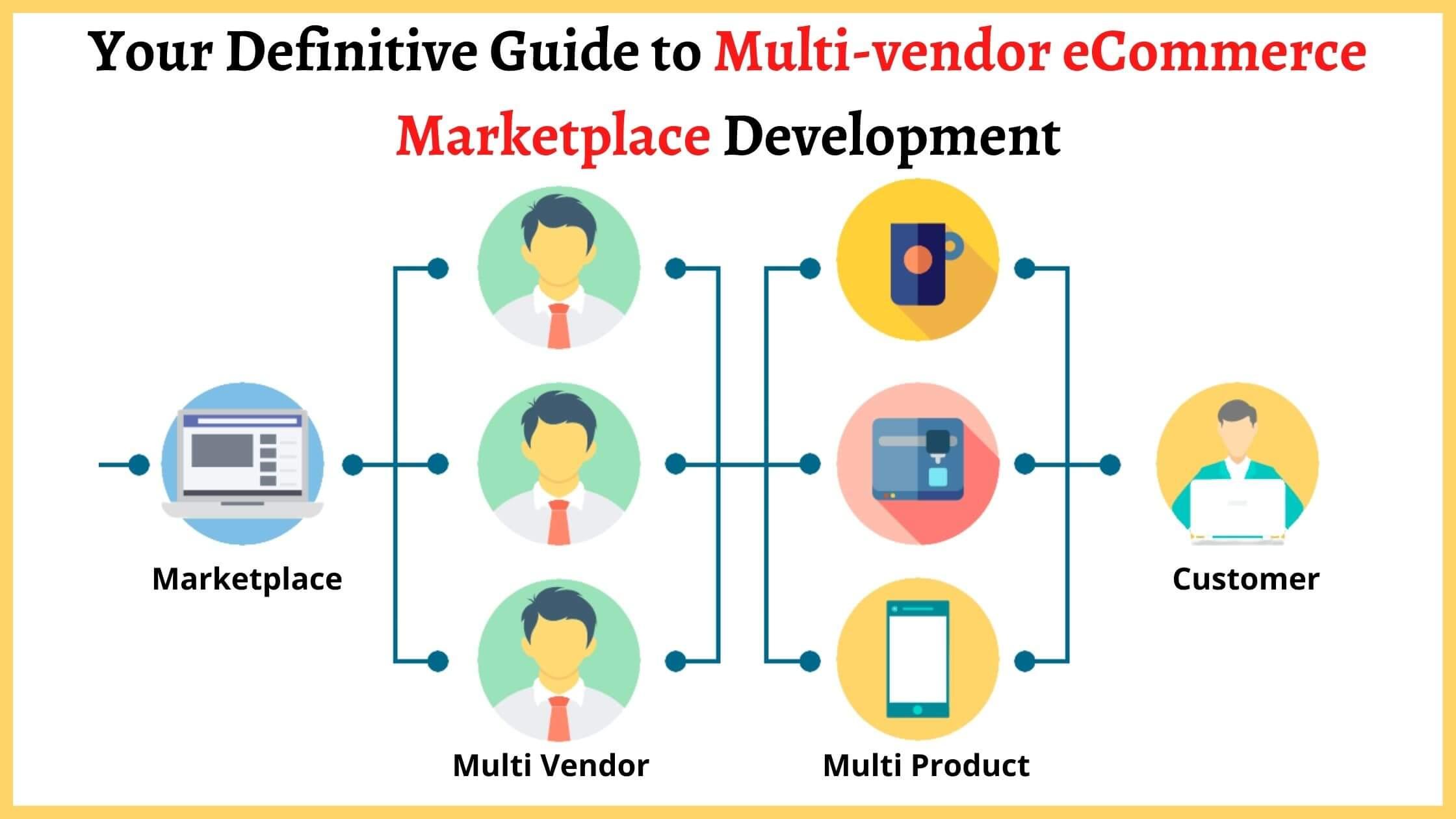
Exploring the Top Multivendor eCommerce Platforms for 2025
As we dive into the digital landscape of 2025, selecting the right multivendor eCommerce platform can make or break your marketplace. With the rise of online shopping, these platforms are evolving, offering unique features that cater to different types of sellers and buyers alike. Here’s what you should consider when choosing your multivendor eCommerce platform:
- User-Friendly Interface: A platform that is easy to navigate for both sellers and customers can significantly improve user experience.
- Customizability: Look for solutions that allow you to tweak the design and functionality to suit your specific business needs.
- Payment Gateways: Ensure the platform supports multiple payment options to cater to a diverse customer base.
- Scalability: Choose a platform that can grow with your business, easily handling increased traffic and more vendors without compromising performance.
- Customer Support: Reliable support is crucial when technical issues arise. Opt for platforms that offer extensive help resources or direct support.
Some platforms are particularly distinguished in the multivendor arena due to their robust features and flexibility. Here’s a quick comparison of a few top contenders:
| Platform | Key Features | Best For |
|---|---|---|
| Shopify Plus | Scalability, custom themes | Large enterprises |
| WooCommerce | WordPress integration, flexibility | Small to medium businesses |
| Magento | Advanced customization, powerful SEO | Tech-savvy users |
| BigCommerce | Built-in features, no transaction fees | Fast-growing businesses |
Each of these platforms has its strengths, and your choice should align with your business goals. When selecting a multivendor platform, consider the type of vendors you want to attract and the customer experience you wish to provide. Features like integrated marketing tools, analytics, and inventory management can also enhance the marketplace’s success.
understanding the unique offerings of each platform is crucial for building a successful multivendor marketplace. By focusing on usability, support, and the specific needs of both sellers and buyers, you can position yourself for success in the ever-evolving eCommerce landscape.
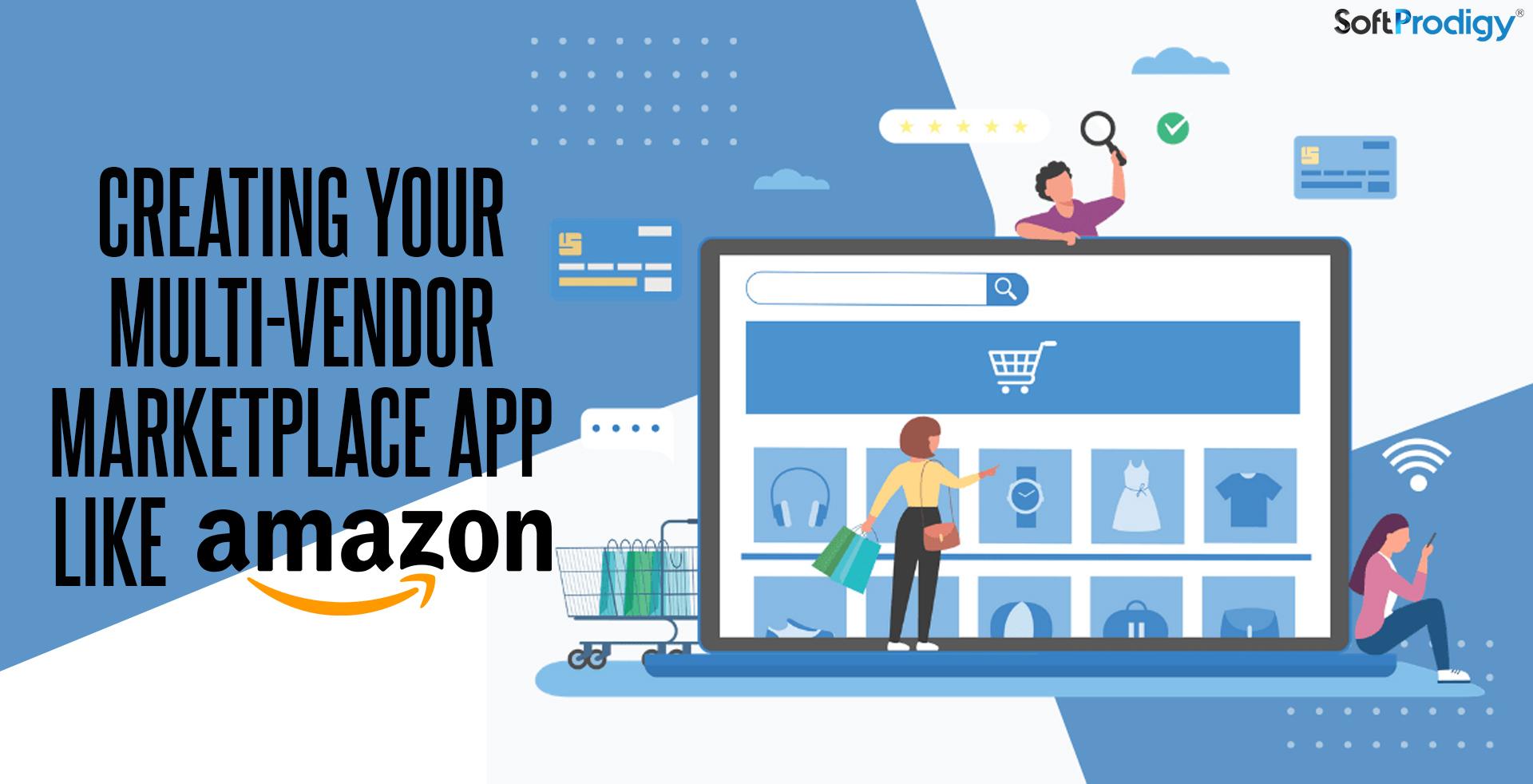
Why Choose a Multivendor Marketplace Model for Your Business
Choosing a multivendor marketplace model for your business opens up a world of opportunities. This model not only diversifies your offerings but also enhances customer experience and engagement. With multiple vendors contributing to your marketplace, you essentially create a vibrant ecosystem that attracts a wider audience. This collaborative approach means that your platform can offer a variety of products and services that cater to different tastes and preferences, making it a go-to destination for shoppers.
One of the most compelling reasons to opt for a multivendor model is cost efficiency. Instead of shouldering the full burden of product sourcing and inventory management yourself, you can leverage the expertise of various vendors. This allows you to reduce overhead costs as vendors handle their own stock and shipping. Additionally, the shared marketing and promotional efforts from multiple sellers can lead to increased visibility and sales without a substantial financial commitment from your end.
Furthermore, a multivendor marketplace fosters community engagement. When vendors have a stake in your platform, it encourages them to actively participate in marketing their products, engaging with customers, and driving sales. This interaction not only builds brand loyalty but also enhances the shopping experience, as buyers often appreciate the personal touch that individual vendors bring. A lively marketplace with vendors who are passionate about their offerings can create a unique shopping atmosphere that big-box retailers struggle to replicate.
Additionally, diversifying your marketplace can lead to reduced financial risk. By having multiple vendors, your revenue does not solely depend on the performance of a single product line or vendor. If one vendor faces challenges, others can help cushion the impact. This resilience makes your business model more sustainable over time, especially in volatile markets where consumer preferences can shift rapidly.
Embracing a multivendor approach also opens the door to innovative features and functionalities. Many multivendor eCommerce platforms come with built-in tools for analytics, marketing, and customer engagement. These features enable you to monitor vendor performance, understand shopping behavior, and tailor your offerings accordingly. By continuously refining your marketplace based on data-driven insights, you can stay ahead of the competition and provide a superior shopping experience.
| Benefits | Description |
|---|---|
| Cost Efficiency | Leverage vendors for inventory and marketing, reducing overhead costs. |
| Community Engagement | Foster relationships that enhance customer experience and loyalty. |
| Reduced Financial Risk | Diversify revenue streams to balance out fluctuations in vendor performance. |
| Innovative Features | Utilize analytics and marketing tools to optimize marketplace performance. |
Key Features to Look for in an Ideal Multivendor Platform
When diving into the world of multivendor platforms, it’s essential to identify features that can elevate your marketplace experience. An ideal platform should bring together efficiency and versatility, making it easier for both sellers and buyers to interact seamlessly.
User-Friendly Interface: A clean, intuitive interface is crucial for both vendors and customers. Look for platforms that offer easy navigation and a straightforward onboarding process. This will enable sellers to set up their stores quickly and help customers find products without hassle.
Robust Payment Solutions: The best multivendor platforms should support multiple payment gateways. This flexibility allows vendors to choose their preferred payment methods while providing customers with convenient options for checkout. Ensure the platform offers secure transactions to build trust and enhance user experience.
Scalability: As your marketplace grows, so should your platform. Choose a solution that can accommodate an increasing number of vendors and products without compromising performance. Scalability is vital for ensuring that both your business and your vendors can thrive without interruption.
Advanced Analytics and Reporting: Data-driven decisions are key to success. A platform that offers detailed analytics and reporting tools will empower both marketplace owners and vendors to understand consumer behavior, track sales, and optimize their strategies. Look for built-in tools that make this data easily accessible and understandable.
Customizable Features: Flexibility is a significant advantage in a multivendor marketplace. The ability to customize aspects like store design, product listings, and promotional tools can help vendors stand out. Seek platforms that offer various templates, plugins, and integration options to cater to unique business needs.
| Feature | Importance |
|---|---|
| User-Friendly Interface | Enhances user experience for sellers and buyers |
| Robust Payment Solutions | Increases transactions and customer trust |
| Scalability | Supports growth without performance loss |
| Advanced Analytics | Enhances decision making with data insights |
| Customizable Features | Allows unique branding and functionality |
Ultimately, the right multivendor platform should not only focus on the functionality but also provide an engaging experience for all users. Prioritizing these features can help ensure that your marketplace stands out in a competitive landscape.

A Closer Look at Scalability and Flexibility in eCommerce Solutions
When it comes to eCommerce, scalability and flexibility are two pillars that dictate the success of any marketplace. The ideal multivendor platform should accommodate growth and adapt to the ever-changing landscape of consumer demands and technological advancements. As businesses strive to scale, they need solutions that not only handle increased traffic and transactions but also offer the adaptability to pivot quickly in response to market trends.
Scalability is crucial for marketplaces anticipating growth. A robust platform must support:
- High Traffic Volumes: As more vendors and customers join, the platform should maintain speed and efficiency.
- Transaction Handling: The ability to process a growing number of transactions without compromising performance is essential.
- Data Management: Effective handling of an expanding database while ensuring security and compliance.
On the other hand, flexibility allows a marketplace to innovate and respond to user needs. A flexible platform should enable:
- Customizable Features: Vendors should have the option to tailor their storefronts to resonate with their brand identity.
- Third-Party Integrations: Seamless integration with payment gateways, shipping providers, and marketing tools enhances user experience.
- Adaptive Design: A responsive design ensures a consistent shopping experience across various devices.
To illustrate how these factors come into play, consider a comparison of popular multivendor platforms based on their scalability and flexibility features:
| Platform | Scalability | Flexibility |
|---|---|---|
| Platform A | High | Moderate |
| Platform B | Moderate | High |
| Platform C | High | High |
As seen in the table, some platforms excel in both areas, while others may have strengths in one over the other. It’s essential for marketplace owners to assess their specific needs and future goals when selecting a solution. By prioritizing scalability and flexibility, they can ensure their platform not only meets the current demands but is also well-positioned for future growth.
Ultimately, the right multivendor eCommerce platform acts as a catalyst for success within a competitive market. Embracing solutions that allow for scaling while maintaining the freedom to innovate can empower businesses to thrive and adapt, setting them up for long-term sustainability and profitability.
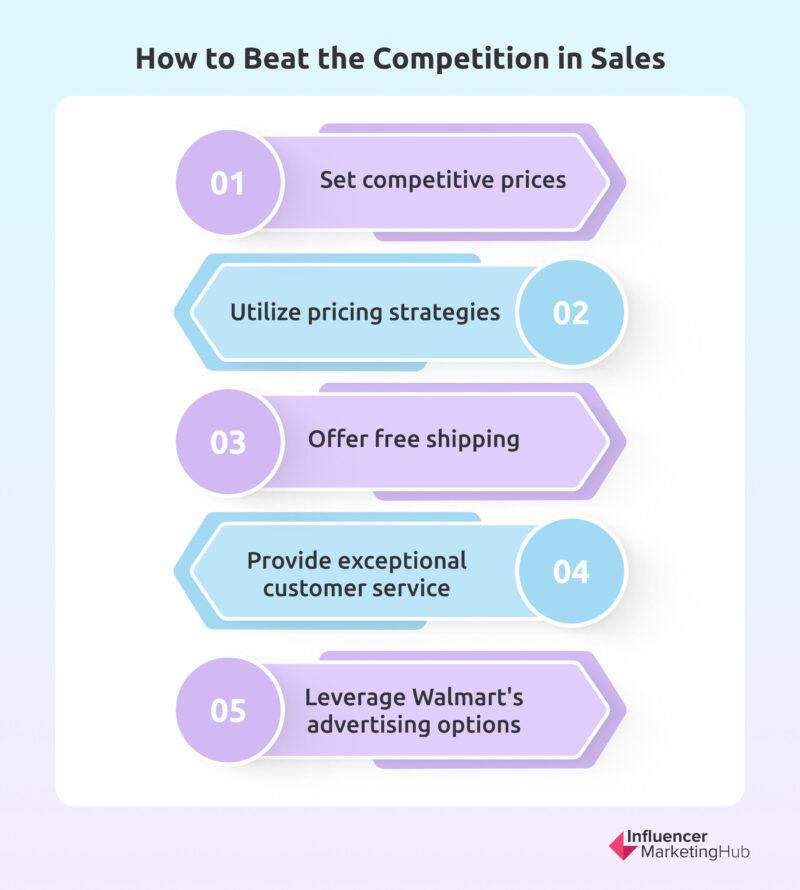
Comparing Pricing Models: Finding the Best Value for Your Marketplace
When it comes to selecting the right multivendor eCommerce platform, pricing models play a pivotal role in determining the overall value for your marketplace. Each platform comes with its own set of pricing structures, which can range from subscription fees to commission-based models. Understanding these differences will help you find the best fit for your business needs.
Here are some common pricing models you might encounter:
- Monthly Subscription: Many platforms charge a flat monthly fee, providing you with access to their features without worrying about commission on sales. This model can be beneficial if you expect steady sales and want predictable costs.
- Commission-Based: Some platforms take a percentage of each sale made through the marketplace. While this can be cost-effective for sellers, it can also add up quickly, eating into profit margins.
- Freemium: This model allows you to start without any upfront costs, often with limited features. As your marketplace grows, you can upgrade to paid plans that unlock more functionalities.
Moreover, consider the hidden fees that may accompany these pricing models. Here are a few examples:
- Transaction Fees: Even if a platform offers a low monthly fee, they may charge additional transaction fees on every sale.
- Payment Processing Fees: Payment gateways typically charge their own fees, which could add to your overall costs.
- Feature Upgrades: Some platforms may require you to pay extra for certain essential features, such as advanced analytics or premium support.
To better illustrate the differences, here’s a simple comparison of two popular pricing models:
| Feature | Monthly Subscription | Commission-Based |
|---|---|---|
| Predictable Costs | Yes | No |
| Lower Initial Investment | No | Yes |
| Best for Established Sellers | Yes | No |
| Scalability | Moderate | High |
Ultimately, the best pricing model for your marketplace will depend on your unique business situation and growth aspirations. Analyze your projected sales volume, calculate potential costs, and weigh the value of features that each platform offers. Choosing wisely can lead to significant savings and increased profits as you cultivate your multivendor marketplace.
User Experience Matters: Navigating Through the Best Options
When it comes to selecting a multivendor eCommerce platform, the user experience is paramount. A seamless and intuitive interface not only attracts vendors but also enhances customer satisfaction, leading to higher conversion rates. Each platform on our list offers unique features designed to streamline the purchasing process and provide a pleasant shopping experience.
Consider the following elements when evaluating your options:
- Navigation: Easy navigation through categories and products keeps customers engaged and encourages them to explore more.
- Responsive Design: With a growing number of shoppers on mobile devices, a responsive design ensures that your marketplace looks good on any screen size.
- Search Functionality: Advanced search capabilities help users find exactly what they need quickly, reducing frustration and abandonment rates.
- Checkout Process: A streamlined checkout process reduces cart abandonment and can significantly boost sales. Look for platforms that offer guest checkout options and multiple payment methods.
Moreover, the ability to customize the user interface can set a platform apart. Vendors should have the flexibility to create storefronts that reflect their brand identity while maintaining a cohesive look across the marketplace. This enhances trust and encourages repeat business.
| Platform | User Experience Features |
|---|---|
| Platform A | Intuitive dashboard, mobile optimization, customizable themes |
| Platform B | Advanced search filters, easy navigation, multi-currency support |
| Platform C | One-click checkout, user-friendly interface, robust analytics |
Don’t overlook the importance of customer support as well. A robust support system not only helps vendors manage their stores effectively but also reassures customers that assistance is available whenever needed. Look for platforms that offer 24/7 support, comprehensive documentation, and active user communities.
Ultimately, investing in the right multivendor eCommerce platform is about meeting both vendor and customer needs. By prioritizing user experience, you enhance not just the aesthetic appeal of your marketplace, but also its functionality and reliability, setting a solid foundation for your online business in 2025 and beyond.
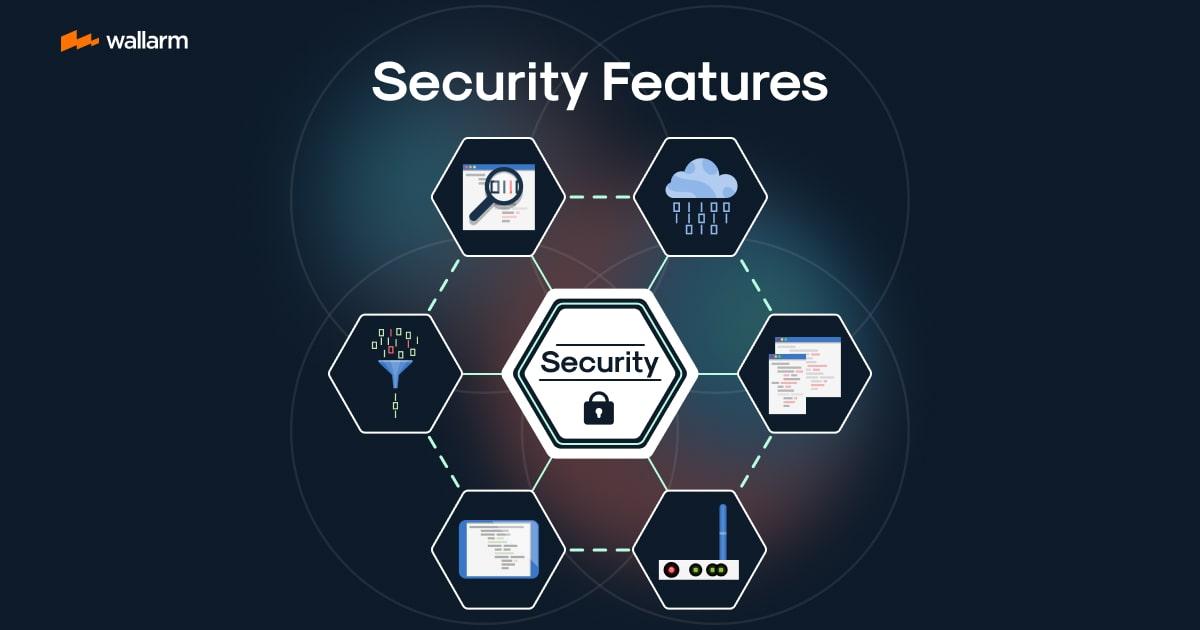
Security Features You Can’t Overlook When Choosing a Platform
When it comes to choosing a multivendor eCommerce platform, security should always be at the forefront of your decision-making process. A secure platform not only protects your business but also builds trust with your customers. Here are essential security features you should consider:
- SSL Certification: Ensure the platform offers SSL encryption, which secures data transfer between the browser and server. This is crucial for protecting sensitive customer information.
- Payment Gateway Security: Check for secure payment gateways that comply with PCI DSS standards. This safeguards your transactions against fraud and data breaches.
- Two-Factor Authentication (2FA): Look for platforms that provide 2FA as an added layer of security for user accounts. This makes unauthorized access much more difficult.
- Regular Security Updates: Choose a platform that commits to regular software updates and patches. This helps address vulnerabilities and keep your site secure against emerging threats.
- Data Backup Solutions: Ensure the platform offers reliable data backup options. In case of a security breach, having backups can save you from losing critical data.
Another aspect to consider is the platform’s user permissions management. It allows you to control access levels for different users, ensuring that only authorized personnel can access sensitive areas of the site. This minimizes the risk of internal breaches.
Furthermore, look into the platform’s fraud detection tools. These features can help monitor transactions for suspicious activity and alert you before it escalates into a significant problem. A proactive approach to fraud can save you both time and money in the long run.
| Feature | Description | Importance |
|---|---|---|
| SSL Certification | Encrypts customer data during transmission | Essential for trust and compliance |
| 2FA | Adds an extra layer of protection for accounts | Prevents unauthorized access |
| Fraud Detection | Identifies suspicious transactions | Mitigates potential financial losses |
Ultimately, the right choice of a multivendor eCommerce platform hinges on its ability to protect your digital assets. Prioritizing security will ensure not only the safety of your business but also the satisfaction and loyalty of your customers.

Evaluating Customer Support and Community Resources
When selecting a multivendor eCommerce platform, the quality of customer support and the availability of community resources can significantly impact your experience and success. Top-tier platforms understand the importance of providing robust support mechanisms to help their users navigate challenges and leverage the full potential of the system.
Customer support can manifest in various forms, including:
- 24/7 live chat assistance
- Email support with guaranteed response times
- Comprehensive ticketing systems for issue tracking
- Dedicated account managers for enterprise users
Platforms that offer multiple channels of support can cater to different user preferences and needs. For instance, while some users may prefer the immediacy of live chat, others might opt for the thoroughness of email communication. Make sure to evaluate the support options available before making a decision.
Beyond direct customer support, community resources can also play a crucial role in enhancing your experience. Active forums and user communities can provide invaluable insights, tips, and solutions to common problems faced by marketplace owners. Here are a few community resources you should look for:
- Discussion forums for peer-to-peer support
- User-generated tutorials and guides
- Webinars and training sessions hosted by the platform
- Social media groups dedicated to users of the platform
Platforms with a vibrant community often foster a collaborative environment where users can share their experiences and learn from one another. This can be particularly beneficial when you’re faced with specific challenges or need creative solutions to enhance your marketplace.
To help you assess the customer support and community resources of various multivendor eCommerce platforms, here’s a quick comparison table:
| Platform | Support Options | Community Resources |
|---|---|---|
| Platform A | 24/7 Live Chat, Email | Active Forum, Video Tutorials |
| Platform B | Phone Support, Ticketing System | Webinars, User Groups |
| Platform C | Email Support, Chat | Documentation, Community Blog |
By examining these aspects, you can make a more informed choice that aligns with your operational preferences and long-term business goals. Investing time in can save you headaches down the line and help you build a thriving marketplace.
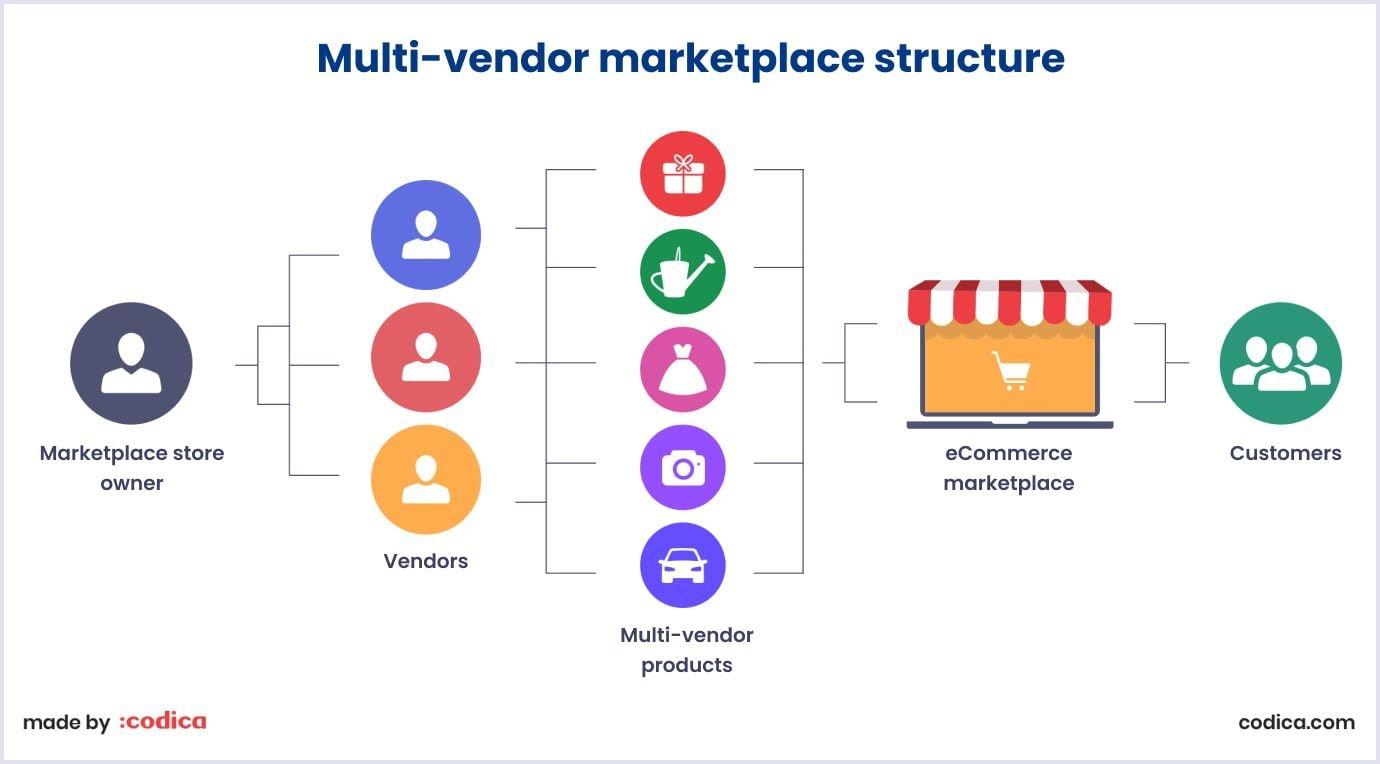
Final Thoughts on Selecting the Perfect Multivendor eCommerce Platform for Your Needs
Choosing the right multivendor eCommerce platform is crucial to the success of your online marketplace. With a myriad of options available, it can feel overwhelming to narrow down your choices. However, focusing on a few key factors can simplify the decision-making process. First, consider your target audience and their preferences. Are they looking for a user-friendly interface, or do they prioritize advanced features? Understanding your customers’ needs will guide you toward a platform that resonates with them.
Next, think about the scalability of the platform. As your business grows, so will your requirements. A robust platform should not only accommodate your current needs but also be able to adapt as you expand. It’s wise to select a solution that supports multiple payment gateways, shipping options, and customizable features. This flexibility ensures that as you scale, the platform evolves alongside you.
Another critical aspect is the integration capabilities of the platform. Whether it’s with inventory management systems, accounting software, or marketing tools, having seamless integrations can drastically improve operational efficiency. Look for platforms that offer a wide range of plugins or APIs to connect with other essential services, enhancing your overall business performance.
Finally, don’t underestimate the importance of customer support. A responsive and knowledgeable support team can be a lifeline, especially during the initial setup phase or when troubleshooting issues. Before making your final choice, assess the support options available—whether it’s live chat, phone support, or comprehensive documentation. This could be the difference between a smooth launch and a frustrating experience.
Here’s a quick reference table to summarize key features to consider:
| Feature | Importance |
|---|---|
| Scalability | Essential for growth |
| Integration Capabilities | Improves efficiency |
| User-Friendliness | Enhances customer experience |
| Customer Support | Crucial for troubleshooting |
the perfect multivendor eCommerce platform should align with your business goals, catering to both your operational needs and your customers’ expectations. Take your time to explore the options, and you’ll be well on your way to establishing a flourishing online marketplace.
Frequently Asked Questions (FAQ)
Q&A: 17 Best Multivendor eCommerce Platforms for Marketplaces in 2025
Q: What is a multivendor eCommerce platform?
A: A multivendor eCommerce platform is an online system that allows multiple sellers to create their own stores within a single marketplace. Think of it as a digital mall where various vendors can showcase and sell their products, while the platform manages transactions, customer service, and logistics. It’s a win-win for both sellers and buyers!
Q: Why should I consider using a multivendor eCommerce platform in 2025?
A: In 2025, the eCommerce landscape is expected to be more competitive than ever. A multivendor platform allows you to tap into a larger customer base without the overhead costs of running a standalone store. Plus, you benefit from shared marketing efforts, enhanced trust through diverse sellers, and the convenience of a streamlined shopping experience for consumers.
Q: What features should I look for in a multivendor eCommerce platform?
A: Great question! Look for features like user-friendly interfaces, robust payment gateways, customizable storefronts, mobile responsiveness, and excellent customer support. Additionally, features like analytics tools, SEO capabilities, and easy integration with third-party apps can give you a significant edge.
Q: Which platforms made it to the top 17 for 2025, and why?
A: We’ve curated a list of platforms like Shopify, WooCommerce, and Magento that are not only user-friendly but also scalable to support growing businesses. Each of these platforms has unique features that cater to different needs—whether you’re a small startup or a large enterprise—ensuring that you’ll find the right fit for your marketplace.
Q: Are there any costs associated with using these platforms?
A: Yes, most multivendor platforms have different pricing models, which can include monthly subscription fees, transaction fees, or both. While some platforms may seem expensive upfront, consider the long-term benefits they provide in terms of scalability and ease of use, which can greatly outweigh the initial costs.
Q: How do I choose the right multivendor eCommerce platform for my business?
A: Start by assessing your business needs and goals. Consider factors like the size of your marketplace, your budget, and the specific features you require. Read reviews, compare pricing, and even take advantage of free trials when available. Ultimately, choose a platform that aligns with your vision and provides the flexibility to grow.
Q: What are the common pitfalls to avoid when starting a multivendor marketplace?
A: One common pitfall is neglecting to vet your vendors properly. Make sure to have a clear onboarding process to maintain quality. Another issue is underestimating the importance of marketing. A great platform is only as good as the traffic it attracts, so invest in marketing strategies early on.
Q: How can I ensure the success of my multivendor marketplace?
A: Successful marketplaces focus on creating a seamless user experience, both for buyers and sellers. Invest in customer support, implement effective marketing strategies, and continuously collect feedback from users. Adapting and evolving your platform based on user needs is key to long-term success.
Q: Is now a good time to launch a multivendor eCommerce platform?
A: Absolutely! With eCommerce continually expanding, launching a multivendor marketplace in 2025 can be very lucrative. Consumers are increasingly looking for convenience and variety, so a well-executed multivendor platform can meet these demands while allowing you to capitalize on the growing trend of online shopping.
With this Q&A, you should have a clearer understanding of the exciting world of multivendor eCommerce platforms and how you can leverage them to create a thriving online marketplace in 2025. Ready to dive in? Your marketplace awaits!
In Conclusion
As we wrap up our look at the 17 best multivendor eCommerce platforms for marketplaces in 2025, it’s clear that the landscape is more exciting than ever. With each platform offering unique features and tools, there’s something here for every entrepreneur looking to build a thriving online marketplace.
Whether you’re just starting out or looking to scale your existing business, choosing the right platform can make all the difference. Remember, it’s not just about functionality; it’s about finding a solution that resonates with your vision and meets the needs of your vendors and customers alike.
So, take your time exploring these options, weigh the pros and cons, and consider how each platform aligns with your marketplace goals. The right choice will empower you to create an engaging, user-friendly shopping experience that keeps customers returning for more.
Ready to take the plunge into the world of multivendor eCommerce? Your dream marketplace is just around the corner. Embrace the possibilities, and let your entrepreneurial spirit soar! Happy selling!







